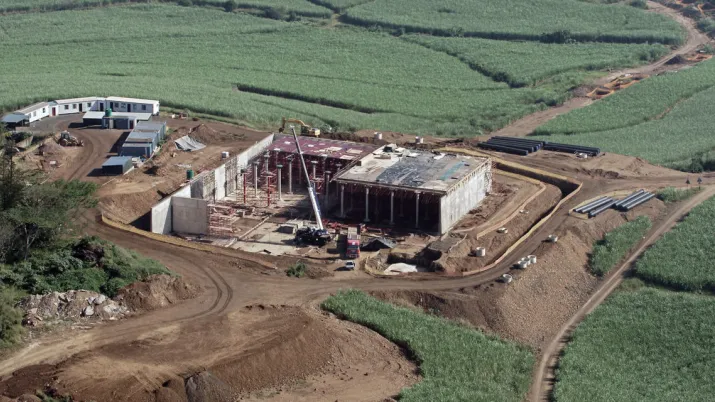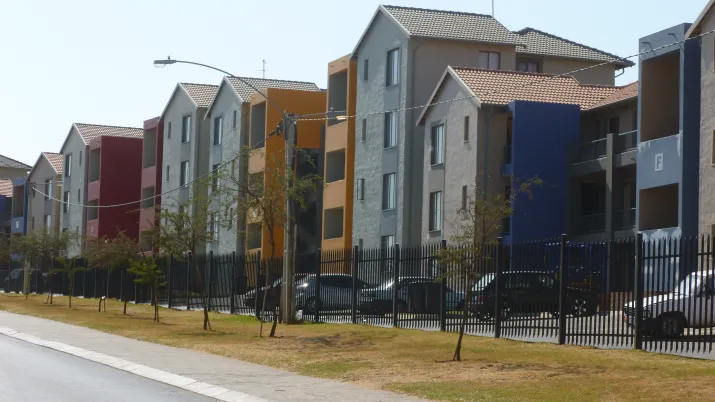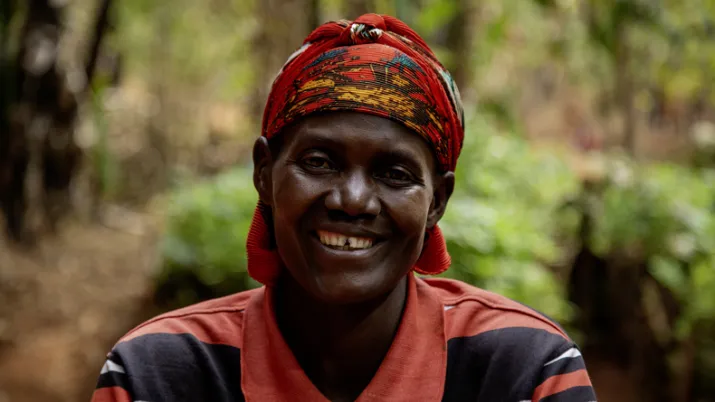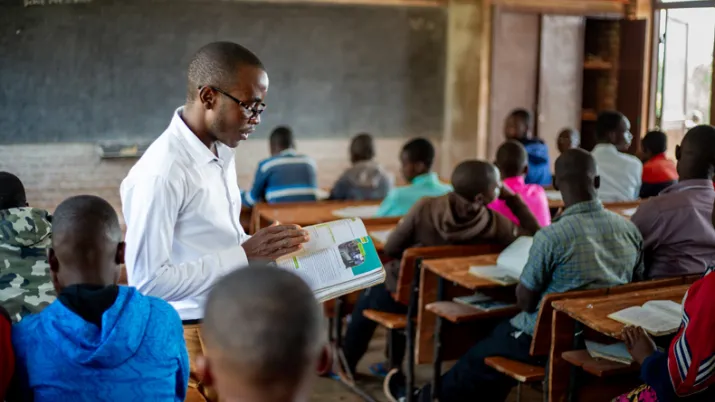Share the page
Supporting the just dimensions of South Africa’s Just Energy Transition
Project
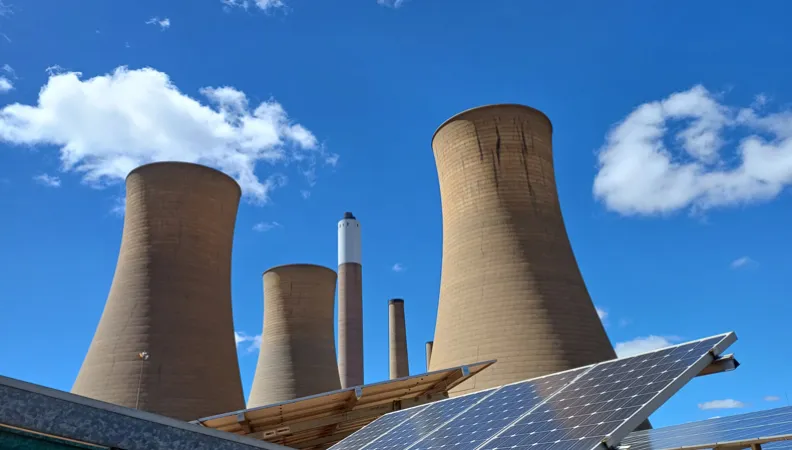

-
Project start date
-
Status
Ongoing
-
Project end date
-
-
AFD financing amount
-
€ 400 000 000
-
Country and region
-
Location
-
South Africa
-
Type of financing
-
Beneficiaries
-
Republic of South Africa
-
Type of beneficiary
-
State

AFD’s JET public policy loan focuses on social equity and specifically targets support for the social dimensions of the energy transition, which include job creation, poverty reduction, social justice and equitable access to electricity supply.
Context
As one of the world’s most carbon-intensive economies, South Africa is particularly vulnerable to the social risks associated with the energy transition. Over the past five years, the JET has emerged as a major development policy framework for the country’s transition to a low-carbon economy, while at the same time creating jobs, reducing poverty and generating sustainable and inclusive economic growth.
In line with South Africa’s priorities, one of AFD’s objectives is to inform and support policies that reduce poverty, unemployment, and multidimensional inequalities. AFD has therefore been deeply involved in these “just” dimensions of the JET, including with this innovative policy-based financing, the largest ever on AFD's balance sheet.
The loan, which will be disbursed in equal €200-million tranches in 2025 and 2026, follows an initial public policy loan of 300 million € from France to South Africa in 2002; bringing France’s total contribution to the JETP to €700 million out of the €1 billion pledged at COP26 in Glasgow.
Descriptif
This innovative policy-based loan to support the just dimensions of the JET has been developed in collaboration with the Presidential Climate Commission, the JET Project Management Unit in the Presidency, National Treasury, government departments, academic institutions, think tanks, local communities, and civil society organisations.
The loan is linked to a set of policy reforms aimed at ensuring a just transition and AFD is putting a robust monitoring and evaluation framework in place to track the progress of these reforms. South Africa’s JET is supported by a strong governance and institutional framework, a comprehensive investment plan, underpinned by support from international partnerships with France and several other countries.
Impacts
The ultimate goal is to integrate JET issues into South African public policy for greater social justice. This goal is set up according to a policy matrix organised into three areas of action and eight outcomes through specific policy actions broken down by indicators to be achieved by March 2026.
Governance
- Outcome 1: Strengthening the institutional architecture to support the implementation of the JET IP and its social outcomes •Outcome 2: Improving the transparency and accountability of the JET plan
Access to sustainable and affordable electricity
- Outcome 3. Reduction of energy poverty and improved access to affordable electricity
Inclusive economic diversification, access to skills, employment and employability in areas affected by the JET
- Outcome 4. Improved employment opportunities
- Outcome 5. Strengthening the skills training system for JET
- Outcome 6. Mobilising and deploying funds for JET implementation
- Outcome 7. Supporting the small and medium-sized enterprise ecosystem •Outcome 8. Public policies encourage economic and social interventions in at-risk communities.
Sustainable Development Goals
Affordable and Clean Energy
Goal 7 lies at the heart of today’s major challenges and tomorrow’s opportunities. Access to sustainable energy is essential not only for fighting climate change, but also for job creation, housing, connectivity, safety, food production, and more. This SDG represents a clear opportunity to transform lives, economies, and the planet.





